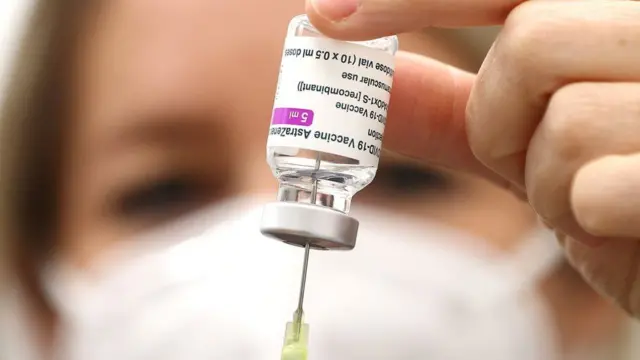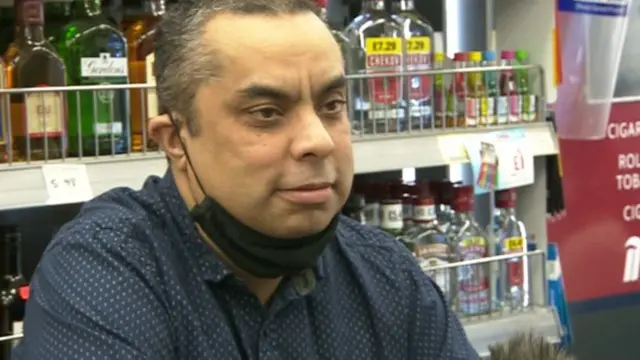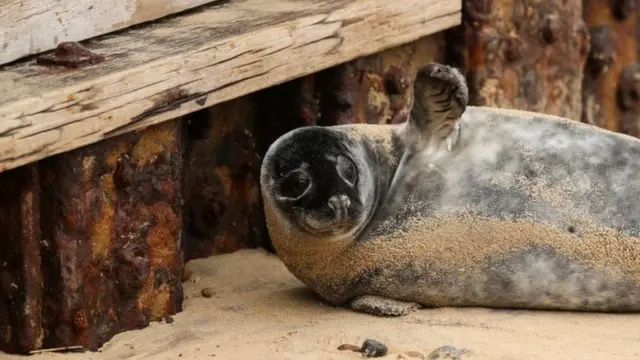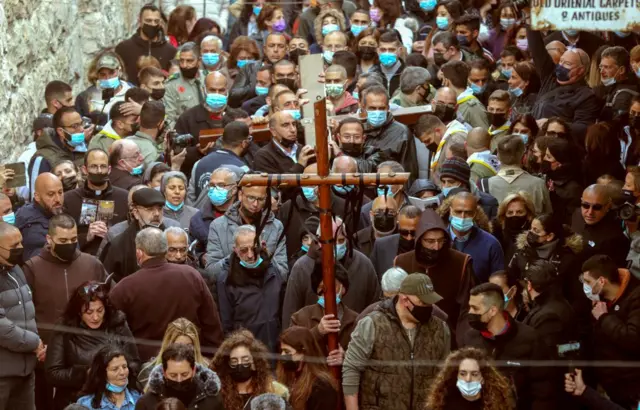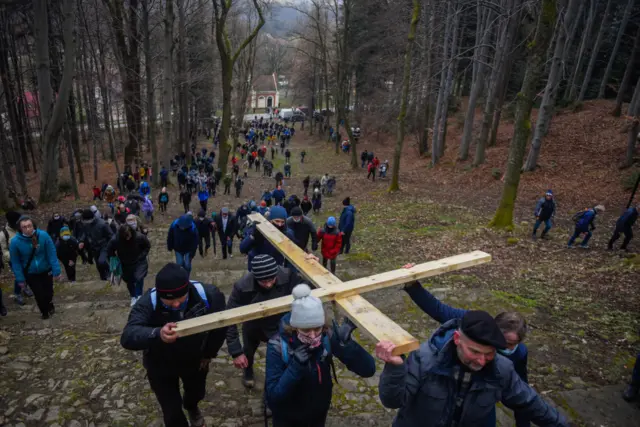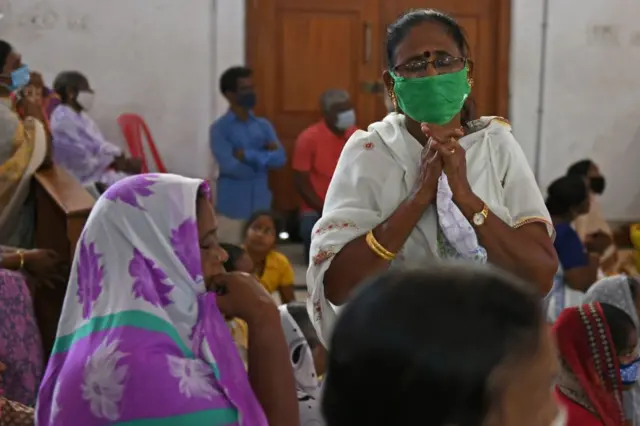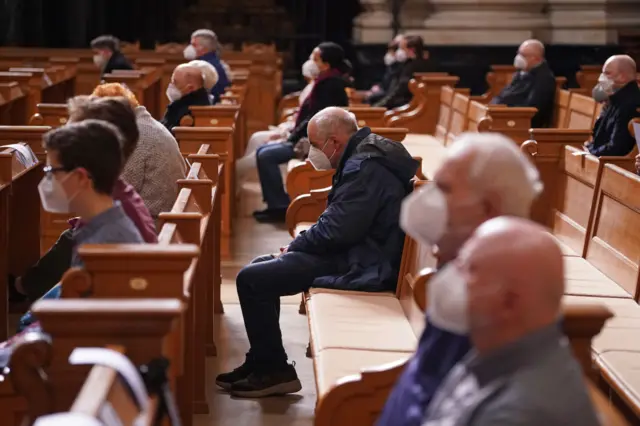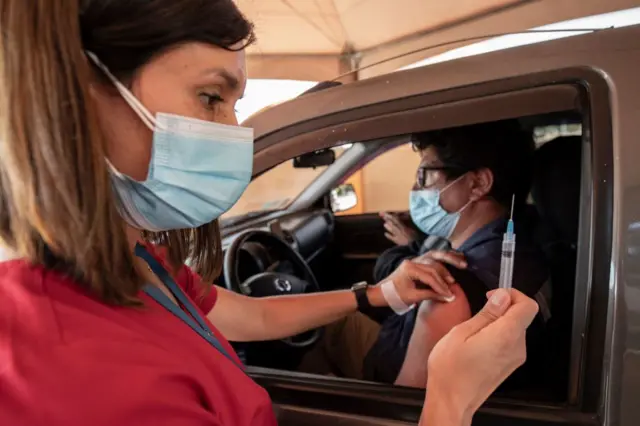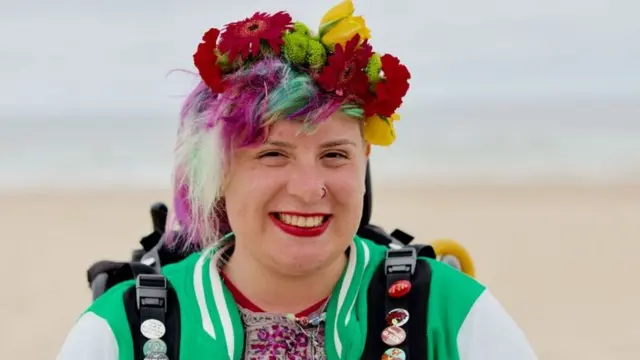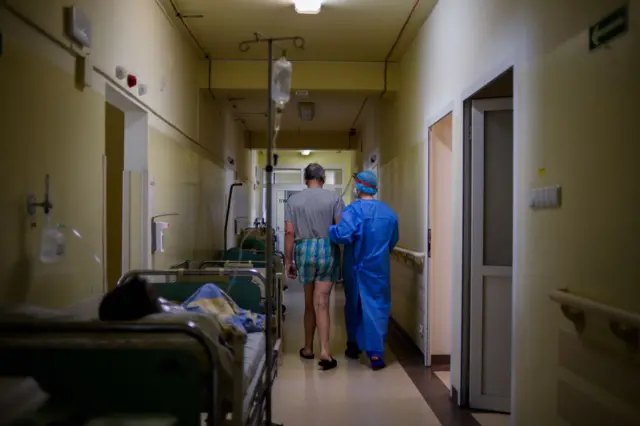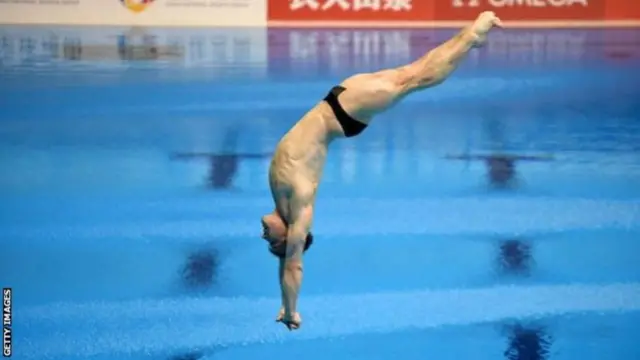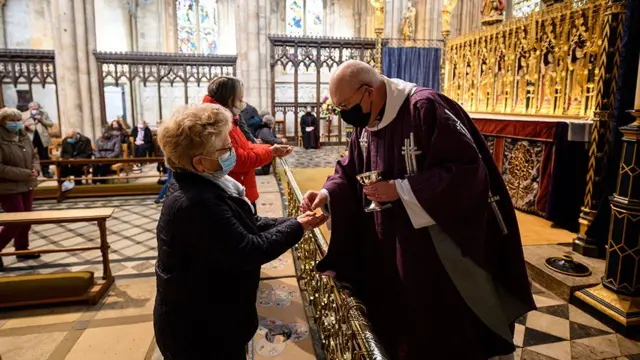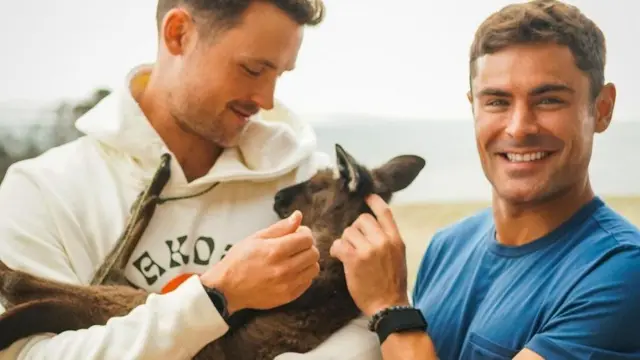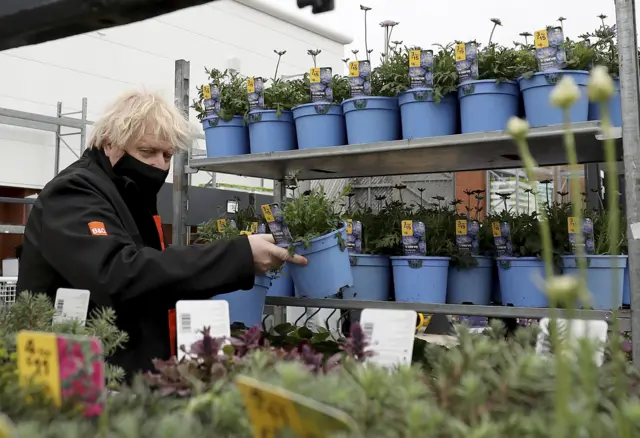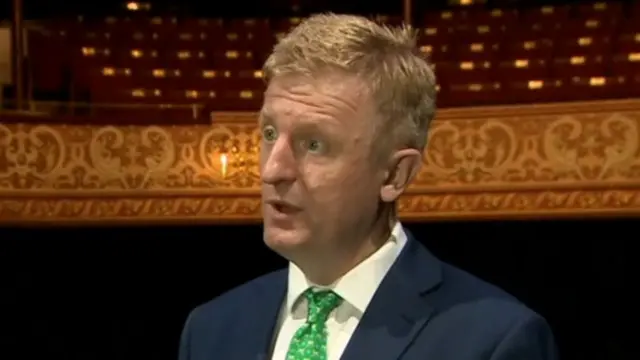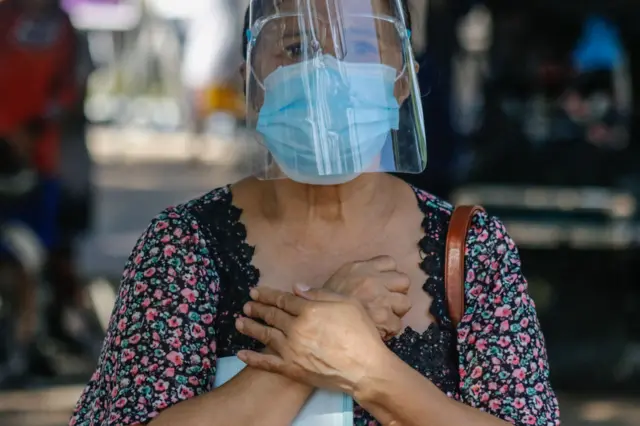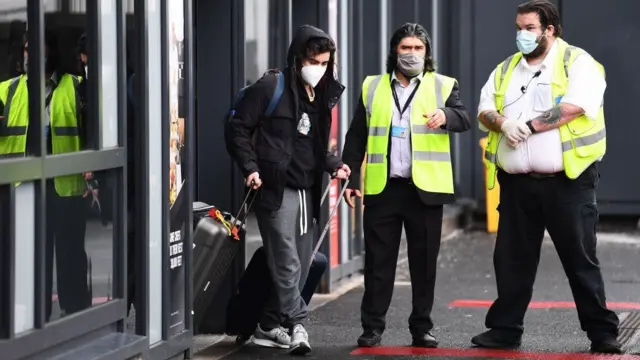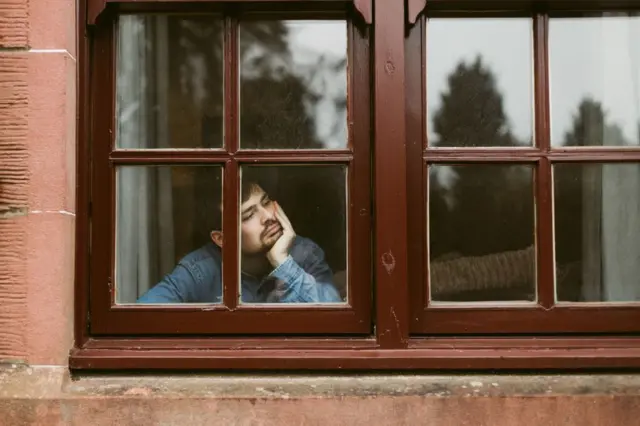Vietnam appeals for help in obtaining vaccinespublished at 14:50 BST 2 April 2021
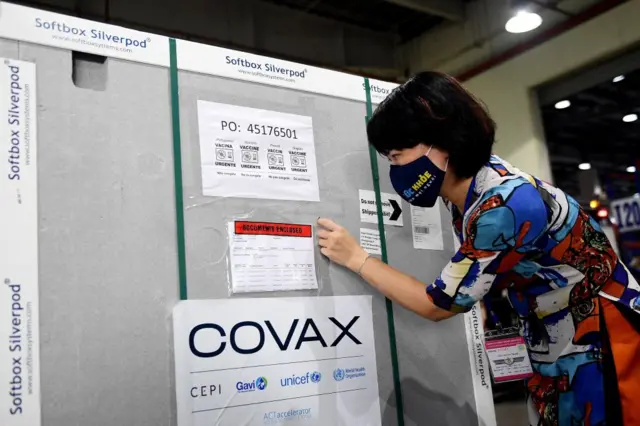 Image source, Getty Images
Image source, Getty ImagesVietnam has appealed for help in obtaining the 150 million coronavirus vaccines it will need to inoculate its population.
So far, it has obtained less than one million doses through direct purchases and the global Covax scheme.
Vietnam's Ministry of Health asked China, Russia and India for assistance on Thursday. Today it turned to Japan, the US and the EU for vaccines and technical support.
The country aims to have 20% of its 98 million people vaccinated by the end of the year, the ministry said.
Vietnam has used strict guidelines to keep the virus mostly at bay during the pandemic, registering just 35 Covid-related deaths.
